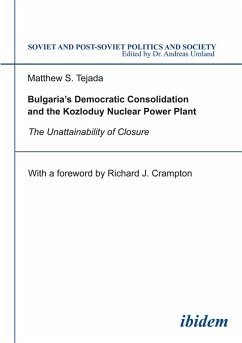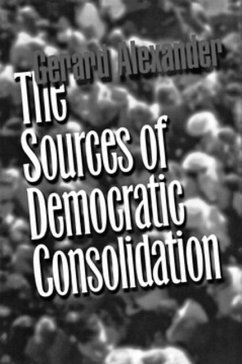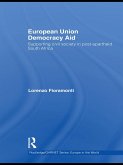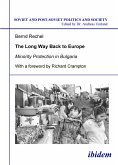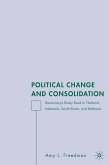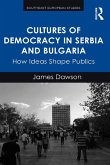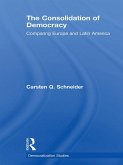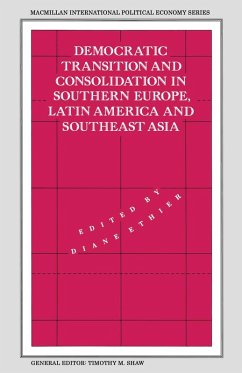Bulgaria's post-communist experience has been a fractured transition both politically and economically. How deeply has its democracy been consolidated? Has the residue of Bulgaria's communist era finally been sloughed off? Are there lingering threats to democratic stability that could delay Bulgaria's entry into the EU? And just how genuine a partner has the EU been in helping Bulgaria progress down its transition path? If there is one single issue that can help to illuminate these troubling questions, it is the long and controversial history of the Kozloduy Nuclear Power Plant. With Kozloduy producing perhaps as much as forty percent of Bulgaria's electricity all Bulgarians' fate was inevitably connected with the nuclear plant. That so important a question has not been sufficiently covered in western-language publications is partly due to the fact that information has been so hard to come by, and most researchers did not have the language qualifications necessary to pursue local investigations. Matthew Tejada has interviewed many of those in the Kozloduy saga and has read through archives and other sources not previously made known to western researchers. What he has to say tells us a great deal that is new about a neglected but vitally important issue.
Dieser Download kann aus rechtlichen Gründen nur mit Rechnungsadresse in A, B, BG, CY, CZ, D, DK, EW, E, FIN, F, GR, HR, H, IRL, I, LT, L, LR, M, NL, PL, P, R, S, SLO, SK ausgeliefert werden.

